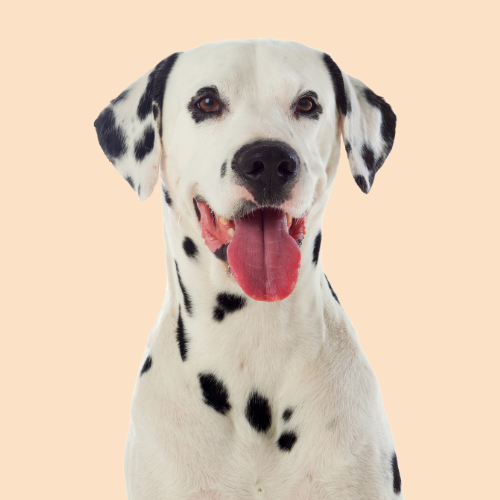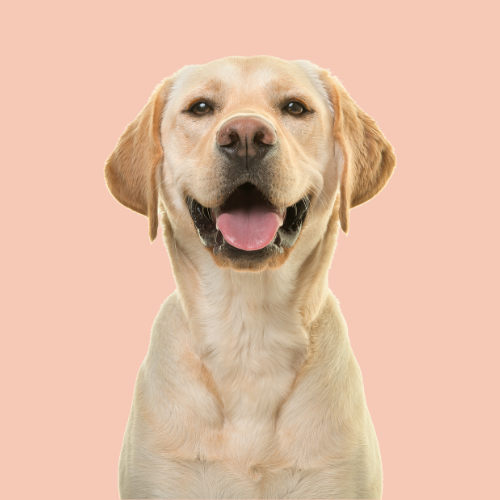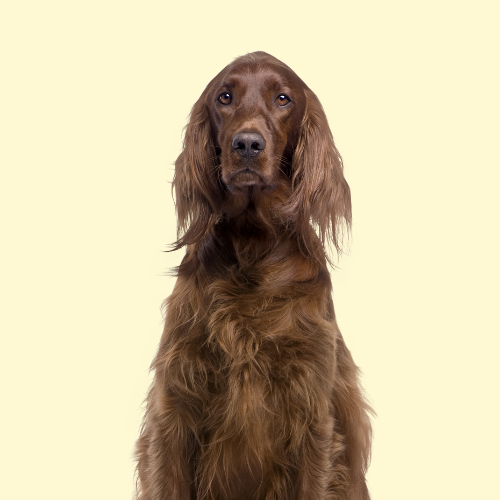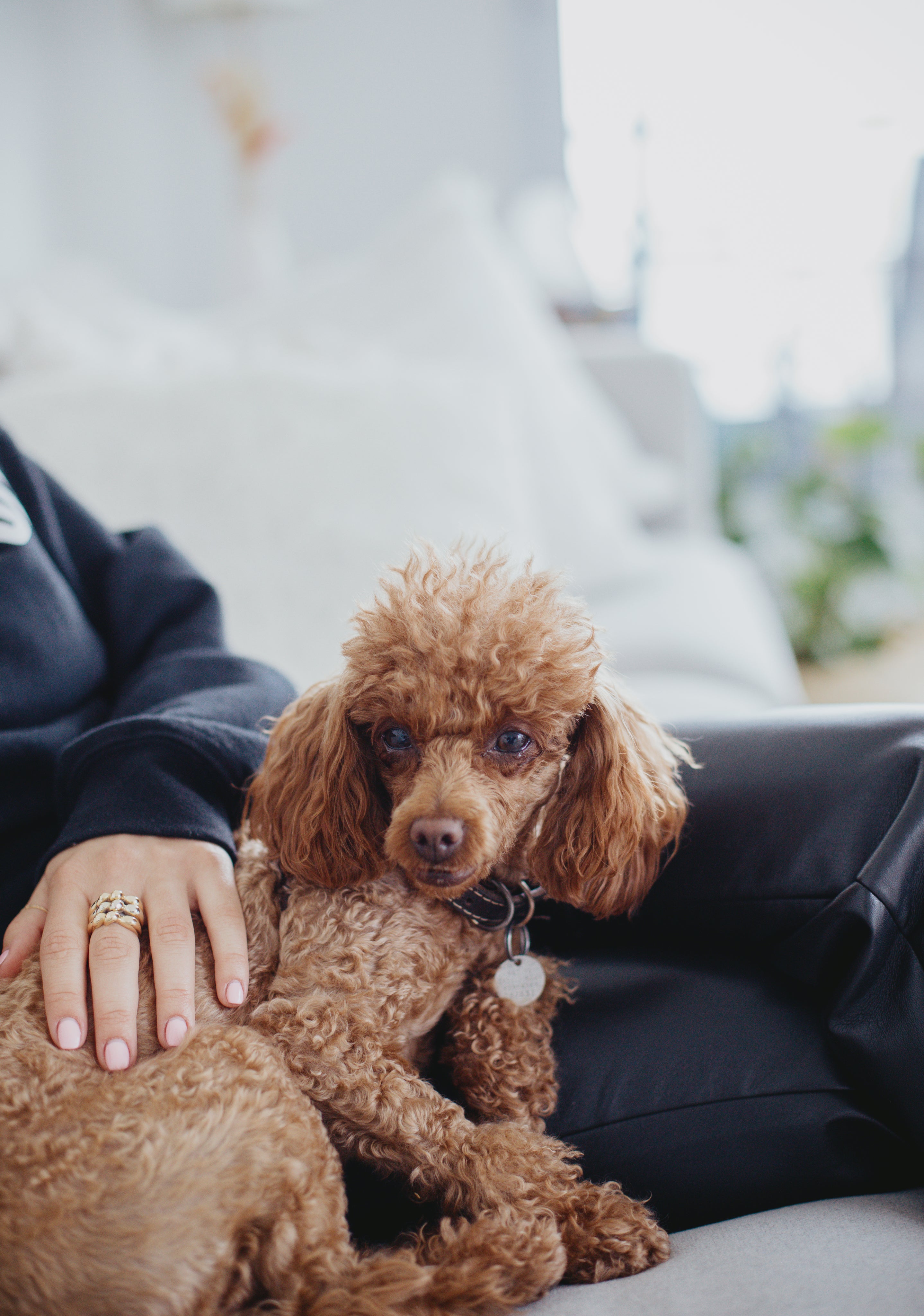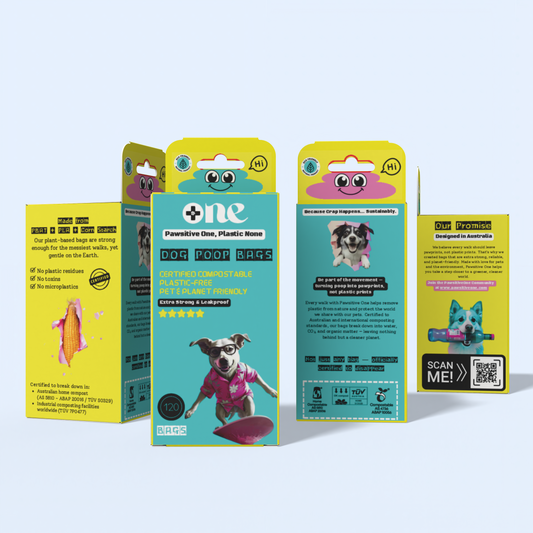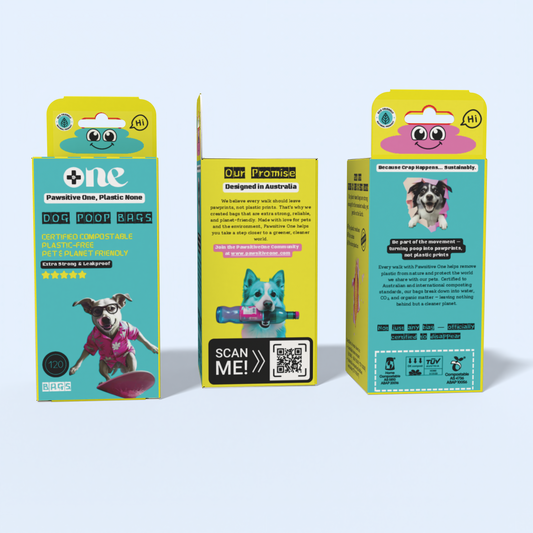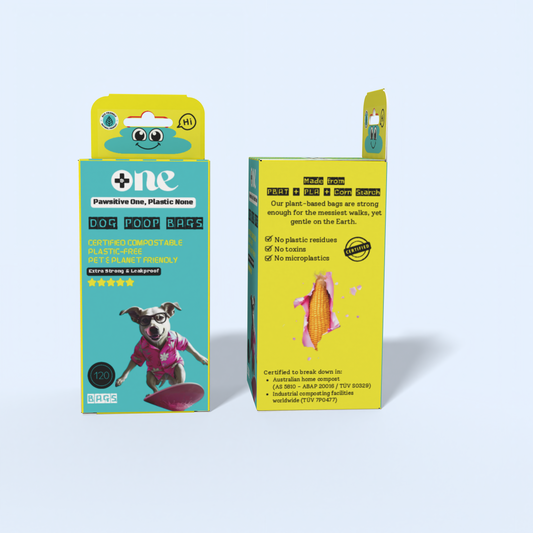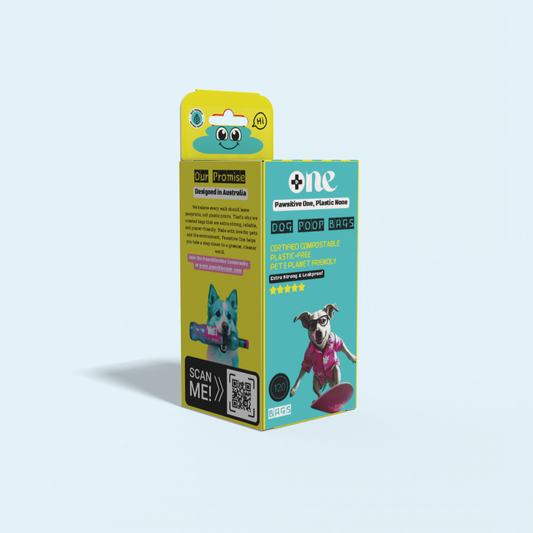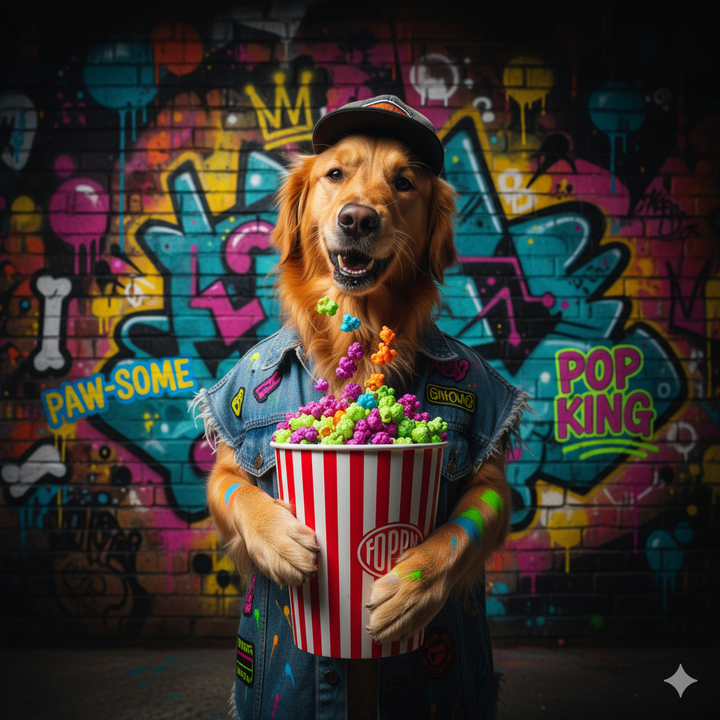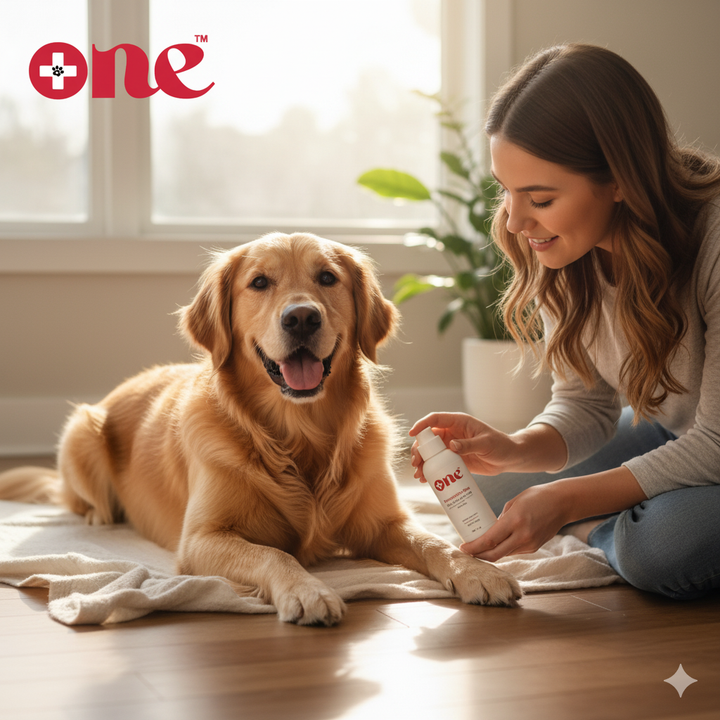Can You Put Dog Poop in the Green Bin in Australia?
Can You Put Dog Poop in the Green Bin in Australia? (The Essential Guide to FOGO Rules)
It’s a question every eco-conscious dog owner asks: Can that organic waste go in my green bin?
The short, vital answer is: For most of Australia, NO.
While dog waste is technically organic matter, the vast majority of Australian councils that run a FOGO (Food Organics Garden Organics) or green waste service do not allow dog poop or cat litter in the bin, even if it’s sealed in a certified compostable bag.
This is not an issue with the bag—it's an issue with the contents.
The Critical Reason: Pathogens and Safety
The FOGO programs across Australia aim to create a safe, high-quality compost that can be used on public parks, sports fields, and farms. Dog and cat faeces introduce serious risks that standard composting processes often cannot eliminate:
-
Pathogen Risk: Pet waste contains harmful pathogens, including viruses, bacteria (like E. coli), and parasites (like hookworm, roundworm, and Giardia). These pathogens pose a significant health risk to the workers handling the organic material and can contaminate the final compost product.
-
Compost Quality: Introducing large amounts of pet waste can degrade the quality and marketability of the finished compost.
-
Regulatory Mandates: In major states like New South Wales, the Environment Protection Authority (EPA) has specifically banned pet waste from FOGO bins, making it a state-wide rule for all participating councils.
You Must Check Your Local Council’s Policy
Rules are set locally, so you must confirm with your council. However, the general trend is overwhelmingly against accepting pet waste.
The Only Two Safe Disposal Options
If you are an Australian dog owner, you should operate on the assumption that the green bin is not an option. These are the two safe and universally compliant methods:
1. The Red (General Waste) Bin – The Safest Option
This is the standard and safest method recommended by the majority of councils.
-
How to do it: Always bag the waste before placing it in the red bin.
-
Best Practice: Use a certified AS5810 compostable bag (like the ones sold by PawsitiveOne™). Even though the bag is heading for landfill, using a compostable bag means you are avoiding traditional plastic, which never breaks down. When the bag breaks down in the landfill, it is one less piece of microplastic entering the environment.
2. Dedicated Home Composting
If you are committed to diverting dog waste from landfill, you can start a separate, dedicated dog waste compost system at home.
-
Crucial Rule: This compost must not be used on edible gardens, fruits, or vegetables. It should only be used on ornamental plants, shrubs, or lawns, as the pathogens may still be present.
-
How to do it: Use a specific dog waste composting system or bin that is sealed and set up correctly to reach high temperatures to aid in pathogen destruction.
Frequently Asked Questions (FAQ)
Q1: Why can't I use a certified AS5810 compostable bag in the green bin? A1: The problem is the contents (dog faeces), not the bag. While the bag breaks down, the pathogens inside the poop are not reliably destroyed in the time or at the temperatures of many commercial composting facilities. This risk to human health means many councils ban the contents entirely.
Q2: Will my AS5810 compostable bag break down in the red bin (landfill)? A2: Yes, they are designed to break down much faster than traditional plastic, even in anaerobic (low oxygen) environments like landfill. While the ultimate environmental benefit is reduced in landfill compared to composting, it's still far superior to using a plastic bag.
Q3: Is it okay to use my neighbor’s bin? A3: If a bin is placed out on the kerb for collection, most people will tolerate a single bag of tied-up dog waste. However, you should never put dog waste in a bin that has already been emptied, or reach into someone’s property to use a bin. It is always best to use your own bin or a public bin.
Q4: Does the rule also apply to cat litter? A4: Yes. Cat faeces, particularly due to the potential presence of Toxoplasma gondii (a parasite), are also universally banned from green bins and should always be disposed of in the red landfill bin.


